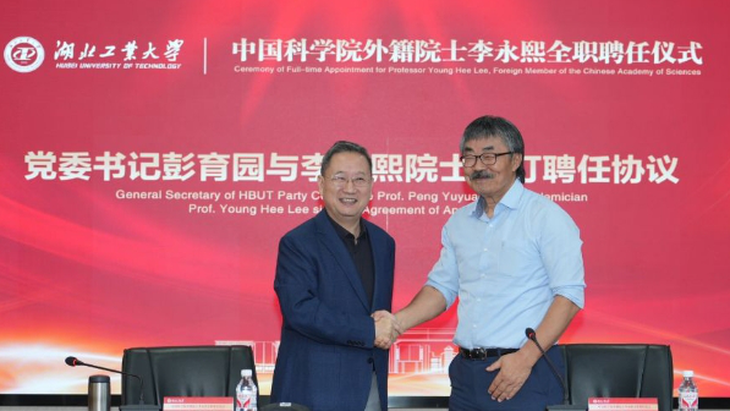
President of Hubei University of Industry and Professor Lee Young Hee at his appointment ceremony as academician in November 2024 - Photo: China Education Portal
On April 24, the JoongAng Ilbo (South Korea) reported that in the context of increasingly fierce global technology competition, China is stepping up to attract the world's leading scientists with attractive benefits and a favorable research environment. Meanwhile, South Korea is struggling to retain talent.
According to JoongAng Ilbo , two scientists who were awarded the prestigious title of "national scholar" in Korea, Professor Lee Young Hee and Professor Lee Ki Myung, have both left their homeland to take positions at top research institutes in China.
Professor Lee Young Hee, an internationally renowned expert in the fields of materials physics, carbon nanotubes and semiconductor technology, was formerly a Research Group Leader at the Center for Integrated Nanostructure Physics at the Korea Institute for Basic Science (IBS).
After retiring, Mr. Lee could not find a stable research position in Korea and accepted an offer to go to China. On April 23, Korean researchers confirmed that Mr. Lee had accepted a full-time position at Hubei University of Industry (China), where he was assigned to be in charge of the Institute of Semiconductor Research and Quantum Physics.
A similar case is Professor Lee Ki Myung, a theoretical physicist and former Vice President of the Korea Institute for Advanced Study (KIAS). After retiring last year, Mr. Lee accepted an offer to join the Hu Yanthe Institute of Applied Mathematics in Beijing.
Both scientists are highly regarded in the fields of semiconductors, batteries and quantum technology – key areas of global foundational research.

China steps up recruitment of global scientific talent, promotes research and development ecosystem - Photo: XINHUA
Accordingly, many Chinese universities and research institutes have offered generous incentives, including high financial rewards, abundant research funding and ideal working conditions, attracting increasing interest from foreign scientists, including those from Korea.
A Korean professor told JoongAng Ilbo that he received an invitation from China but declined because he was in charge of national topics. However, the professor also admitted that the appeal of these invitations was very great.
In contrast, Korea still has no truly groundbreaking policy to retain or attract top researchers. In terms of talent training policy, Korea's efforts are still mainly focused on expanding the scale of semiconductor enrollment at the university level.
"Training semiconductor talent at the university level is a myth," a professor at the Korea Advanced Institute of Science and Technology frankly told JoongAng Ilbo.
He explained that university students are not fully equipped with basic knowledge of mathematics and engineering, and it is also difficult for schools to build an in-depth semiconductor training program within the framework of a four-year bachelor's degree.
This situation raises concerns that, without major changes in science and technology development policies and research environments, Korea may continue to see a flow of talent abroad in the coming years.
Source: https://tuoitre.vn/han-quoc-chat-vat-ngan-that-thoat-nhan-tai-khoa-hoc-cong-nghe-ve-tay-trung-quoc-20250426155459045.htm



![[Photo] General Secretary To Lam receives Vice President of Luxshare-ICT Group (China)](https://vphoto.vietnam.vn/thumb/1200x675/vietnam/resource/IMAGE/2025/11/15/1763211137119_a1-bnd-7809-8939-jpg.webp)


![[Photo] Prime Minister Pham Minh Chinh meets with representatives of outstanding teachers](https://vphoto.vietnam.vn/thumb/1200x675/vietnam/resource/IMAGE/2025/11/15/1763215934276_dsc-0578-jpg.webp)





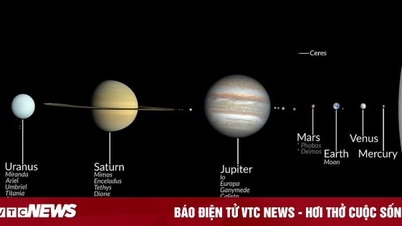








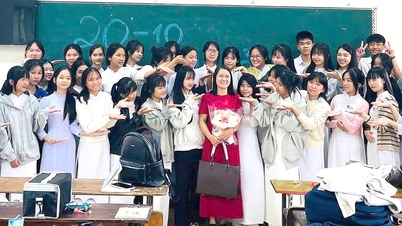

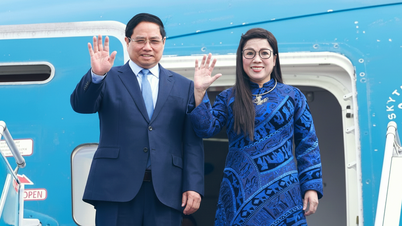

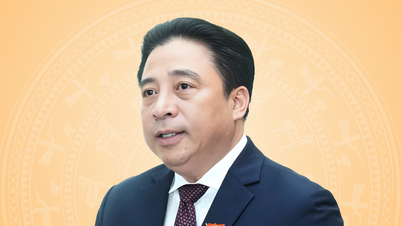
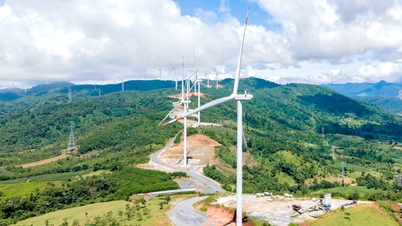
![[Photo] Panorama of the 2025 Community Action Awards Final Round](https://vphoto.vietnam.vn/thumb/1200x675/vietnam/resource/IMAGE/2025/11/15/1763206932975_chi-7868-jpg.webp)







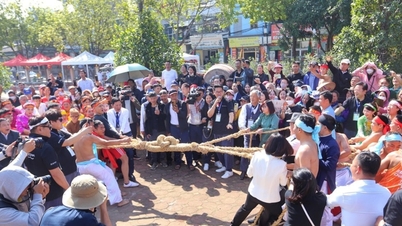









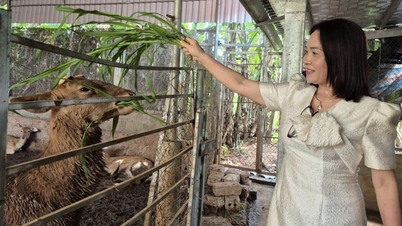



















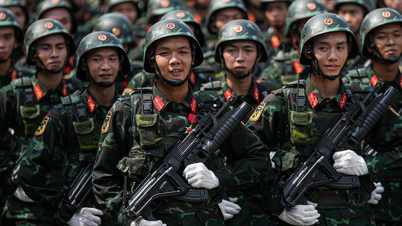
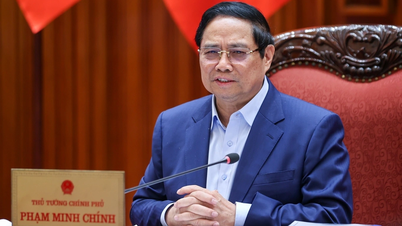
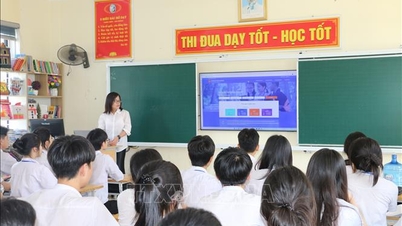


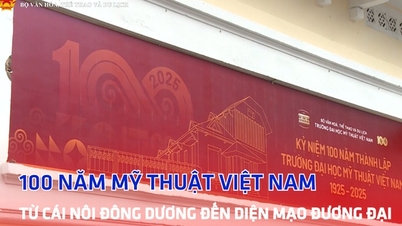

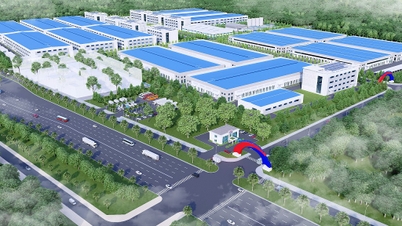






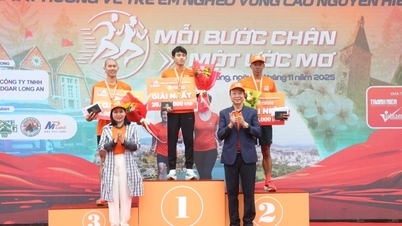



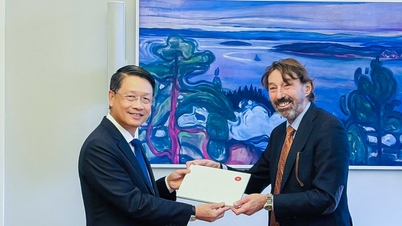

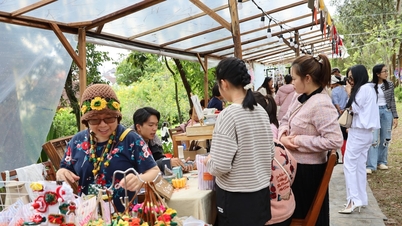
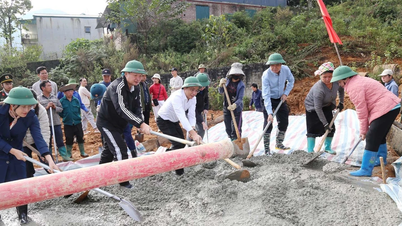













Comment (0)